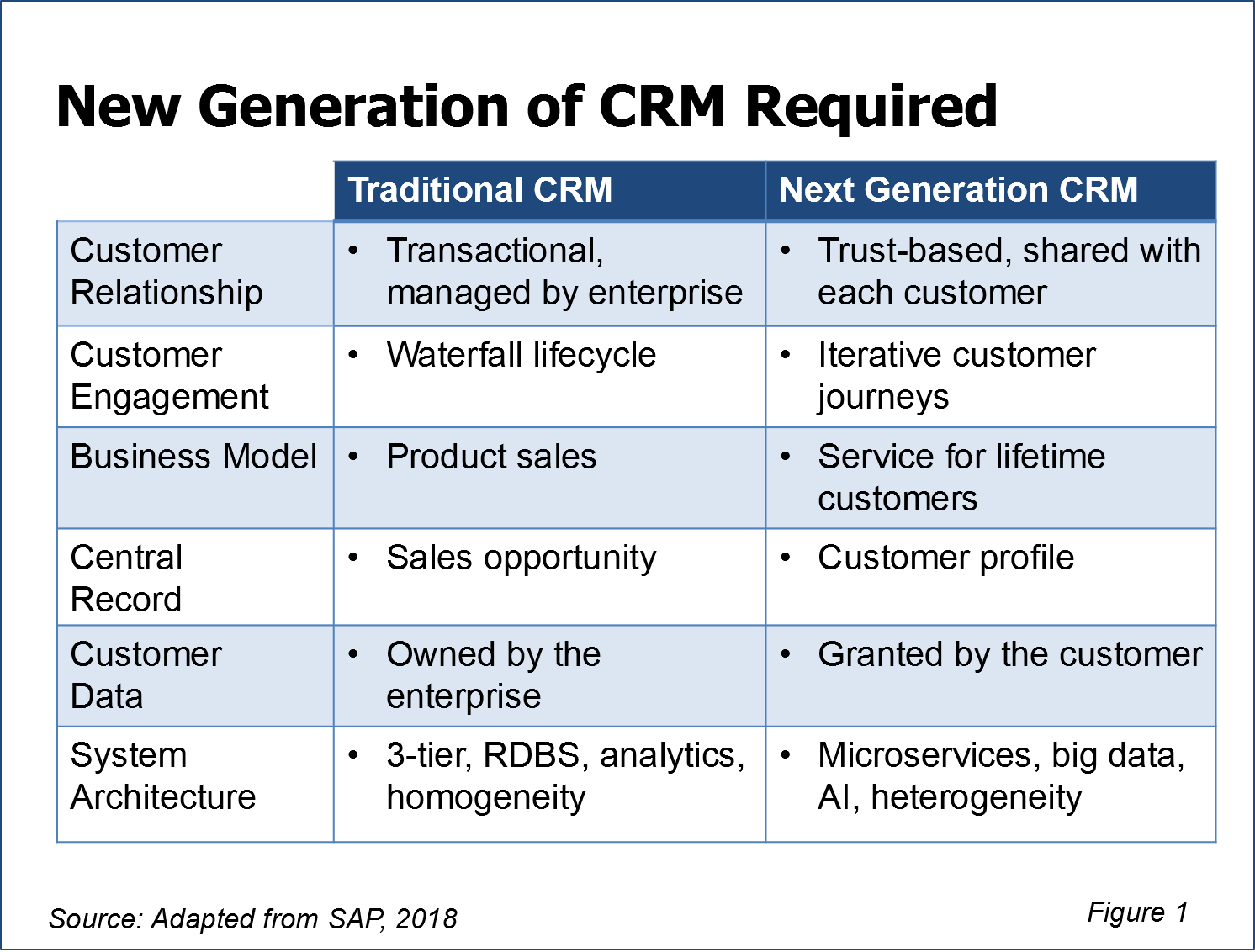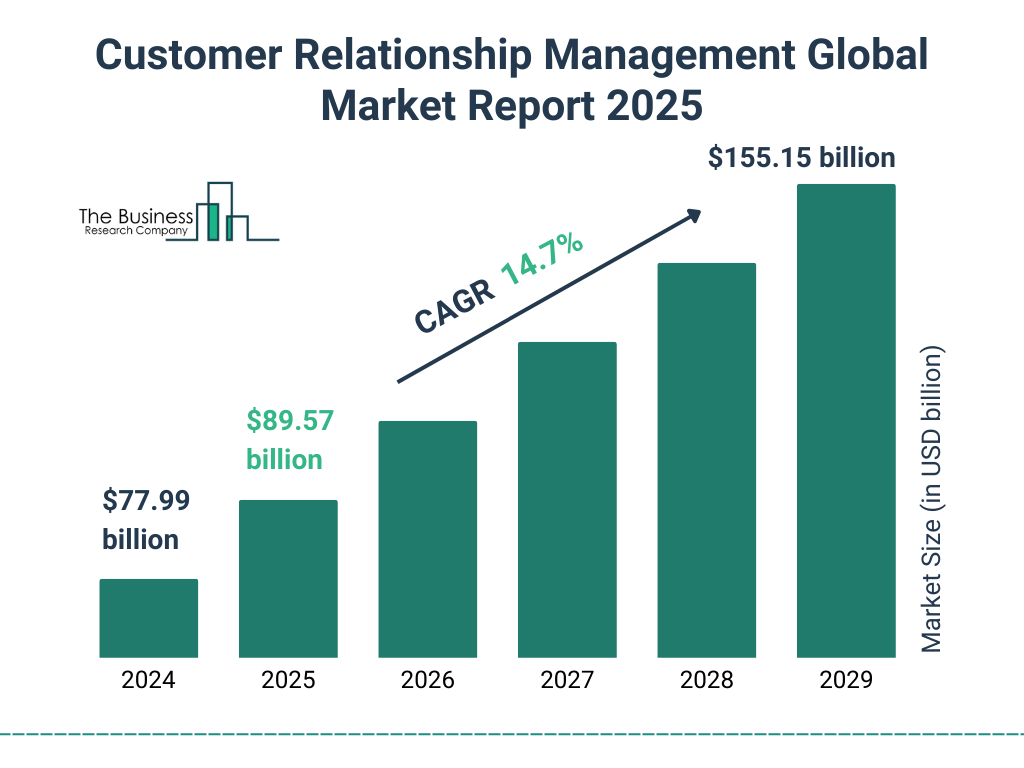In today’s competitive business landscape, managing customer relationships effectively is crucial for driving sales, improving customer satisfaction, and fostering long-term growth.
A Customer Relationship Management (CRM) tool is essential for businesses to streamline their sales, marketing, and customer service processes. With numerous CRM options available, choosing the right one can be overwhelming, especially for small businesses and startups with limited budgets.
Fortunately, several excellent free CRM tools are available, offering a range of features to help businesses manage their customer interactions efficiently. Here are some of the best free CRM tools in 2025.
Top-Rated Free CRM Solutions for Businesses in 2025
In the rapidly evolving business landscape of 2025, companies are increasingly relying on Customer Relationship Management (CRM) tools to streamline their sales, marketing, and customer service operations.
The demand for efficient, cost-effective CRM solutions has led to a surge in the development of free CRM tools that cater to the diverse needs of businesses. These tools not only help in managing customer interactions but also provide valuable insights that can drive business growth.
Key Features to Look for in Free CRM Tools
When selecting a free CRM tool, it’s essential to consider the features that align with your business requirements. Contact management, sales pipeline tracking, and reporting capabilities are some of the critical features to look for.
A good free CRM tool should also offer integration with other business applications, such as email marketing software and customer service platforms, to ensure seamless data flow across different departments.
Benefits of Using Free CRM Tools
The adoption of free CRM tools can bring numerous benefits to businesses, including improved customer engagement, enhanced sales performance, and better decision-making. By leveraging these tools, businesses can gain a deeper understanding of their customers’ needs and preferences, enabling them to tailor their marketing strategies and improve customer satisfaction.
Moreover, free CRM tools can help businesses reduce costs associated with CRM software, allowing them to allocate resources more efficiently.
Popular Free CRM Tools in 2025
Several free CRM tools have gained popularity among businesses in 2025, offering a range of features and functionalities. Some of the top-rated options include:
| CRM Tool | Key Features | User Limit |
|---|---|---|
| HubSpot CRM | Contact management, sales pipeline tracking, meeting scheduling | Free for unlimited users |
| Zoho CRM | Lead management, sales forecasting, marketing automation | Free for up to 10 users |
| Freshsales | Contact management, sales pipeline tracking, reporting | Free for up to 10 users |
Does CRM have a future?

The answer is yes, CRM (Customer Relationship Management) has a promising future as it continues to evolve and adapt to the changing needs of businesses and customers.
The CRM market is expected to grow significantly in the coming years, driven by the increasing demand for digital transformation, cloud-based solutions, and data-driven decision-making.
Evolution of CRM
The CRM landscape is constantly evolving, with new technologies and innovations emerging regularly. The shift to cloud-based CRM solutions has been a significant trend in recent years, offering greater flexibility, scalability, and cost-effectiveness. Some key developments in CRM evolution include:
- Integration with emerging technologies like AI, machine learning, and IoT
- Increasing focus on customer experience and personalization
- Growing adoption of mobile CRM solutions
Benefits of CRM
CRM systems offer numerous benefits to businesses, including improved customer engagement, enhanced sales performance, and better decision-making. By leveraging CRM, organizations can gain a deeper understanding of their customers, streamline processes, and drive revenue growth. Some key benefits of CRM include:
- Enhanced customer insights and profiling
- Improved sales forecasting and pipeline management
- Better marketing ROI through targeted campaigns
Future Trends in CRM
The future of CRM is expected to be shaped by several key trends, including the increasing use of AI and machine learning, the growing importance of customer experience, and the need for greater integration and interoperability. Some potential future trends in CRM include:
- The rise of conversational CRM, powered by chatbots and voice assistants
- The growing use of predictive analytics and data science in CRM
- The increasing importance of social CRM and social media integration
What is the number 1 CRM in the world?

The number 1 CRM in the world is Salesforce. It is a customer relationship management platform that provides a range of tools and services to help businesses manage their sales, marketing, and customer service activities.
Key Features of Salesforce
Salesforce is a comprehensive CRM platform that offers a wide range of features to help businesses manage their customer relationships. Some of the key features of Salesforce include sales automation, marketing automation, and customer service and support.
- Sales automation: Salesforce provides tools to automate sales processes, such as lead tracking and opportunity management.
- Marketing automation: Salesforce offers features to automate marketing campaigns, such as email marketing and lead generation.
- Customer service and support: Salesforce provides tools to manage customer service and support, such as case management and issue tracking.
Benefits of Using Salesforce
Using Salesforce can bring numerous benefits to businesses, including improved customer relationships, increased sales, and enhanced customer service.
- Improved customer relationships: Salesforce helps businesses to better understand their customers and provide personalized experiences.
- Increased sales: Salesforce provides tools to automate sales processes and help businesses to close more deals.
- Enhanced customer service: Salesforce offers features to manage customer service and support, such as case management and issue tracking.
Why Businesses Choose Salesforce
Businesses choose Salesforce for a variety of reasons, including its scalability, flexibility, and ease of use.
- Scalability: Salesforce is a scalable platform that can grow with businesses.
- Flexibility: Salesforce offers a range of customization options to meet the specific needs of businesses.
- Ease of use: Salesforce is a user-friendly platform that is easy to implement and use.
What is next generation CRM?

Next generation CRM refers to the latest evolution of customer relationship management systems, which are designed to help businesses manage their interactions with customers and potential customers.
These systems are typically cloud-based, highly customizable, and integrate with a wide range of other business applications.
They provide a more comprehensive and nuanced understanding of customer behavior, preferences, and needs, enabling businesses to deliver more personalized and effective customer experiences.
Key Features of Next Generation CRM
Next generation CRM systems are characterized by their advanced features and capabilities, which set them apart from traditional CRM systems. Some of the key features include advanced analytics and reporting, artificial intelligence and machine learning, and social media integration.
These features enable businesses to gain a deeper understanding of their customers and deliver more targeted and effective marketing campaigns.
- Advanced data analytics and reporting capabilities
- Artificial intelligence and machine learning algorithms
- Integration with social media and other external data sources
Benefits of Next Generation CRM
The benefits of next generation CRM systems are numerous and can have a significant impact on a business’s bottom line.
By providing a more complete and accurate view of customer behavior and preferences, these systems enable businesses to deliver more personalized and effective customer experiences. This can lead to increased customer satisfaction and loyalty, as well as improved sales and revenue.
- Improved customer satisfaction and loyalty
- Increased sales and revenue through targeted marketing campaigns
- Enhanced customer insights and analytics
Implementation of Next Generation CRM
Implementing a next generation CRM system requires careful planning and consideration. Businesses must assess their current CRM systems and identify areas for improvement, as well as determine their specific needs and requirements.
They must also consider factors such as data migration, integration with other business applications, and user adoption and training.
- Assessing current CRM systems and identifying areas for improvement
- Determining specific business needs and requirements
- Planning for data migration and integration with other business applications
How big is the CRM market in 2025?

The CRM market size is expected to reach $128.97 billion by 2025, growing at a CAGR of 12.1% from 2020 to 2025. The growth of the CRM market is driven by the increasing adoption of cloud-based CRM solutions, the need for improved customer engagement, and the rising demand for sales force automation.
CRM Market Drivers
The CRM market is driven by several factors, including the increasing adoption of cloud-based CRM solutions, the need for improved customer engagement, and the rising demand for sales force automation. The cloud-based CRM solutions are gaining popularity due to their scalability, flexibility, and cost-effectiveness.
- Increasing adoption of cloud-based CRM solutions
- Rising demand for sales force automation
- Need for improved customer engagement
CRM Market Segmentation
The CRM market can be segmented based on deployment mode, organization size, and industry vertical. The deployment mode segment includes cloud-based and on-premise CRM solutions. The organization size segment includes small and medium-sized businesses and large enterprises. The industry vertical segment includes BFSI, healthcare, retail, and others.
- Cloud-based CRM solutions are gaining popularity
- Large enterprises are the major adopters of CRM solutions
- BFSI is one of the major industry verticals for CRM solutions
CRM Market Trends
The CRM market is witnessing several trends, including the adoption of AI-powered CRM solutions, the increasing use of mobile CRM, and the growing demand for customer experience management. The AI-powered CRM solutions are gaining popularity due to their ability to provide personalized customer experiences and improve sales forecasting.
- Adoption of AI-powered CRM solutions
- Increasing use of mobile CRM
- Growing demand for customer experience management
Frequently Asked Questions
What are the key features to look for in a free CRM tool?
When selecting a free CRM tool, consider features such as contact management, sales pipeline tracking, and reporting capabilities. Integration with other business applications, like email and marketing automation tools, is also crucial. Look for tools with user-friendly interfaces, mobile accessibility, and scalability to accommodate growing business needs. Evaluate the level of customer support and customization options to ensure the CRM meets your specific requirements.
Are free CRM tools suitable for large businesses?
Free CRM tools can be suitable for small to medium-sized businesses, but may not be ideal for large enterprises with complex sales processes and numerous users. While some free CRM tools offer scalable solutions, they often come with limitations on features, storage, or user count. Large businesses may need to upgrade to paid plans or consider more comprehensive CRM systems that cater to their specific needs and provide advanced functionality.
How secure are free CRM tools?
Reputable free CRM tools prioritize data security, employing measures like encryption, secure servers, and regular backups. However, it’s essential to review each tool’s security features and compliance with industry standards, such as GDPR. Be cautious when storing sensitive customer data in free CRM tools, as some may have limitations or vulnerabilities that could compromise data protection.
Can I customize a free CRM tool to fit my business needs?
Many free CRM tools offer customization options, such as tailored workflows, fields, and layouts. Some tools also provide APIs or integration with third-party apps to extend their functionality. However, the extent of customization may vary depending on the CRM tool, with some offering more flexibility than others. Assess the tool’s customization capabilities to ensure they align with your business requirements and can adapt to your evolving needs.


